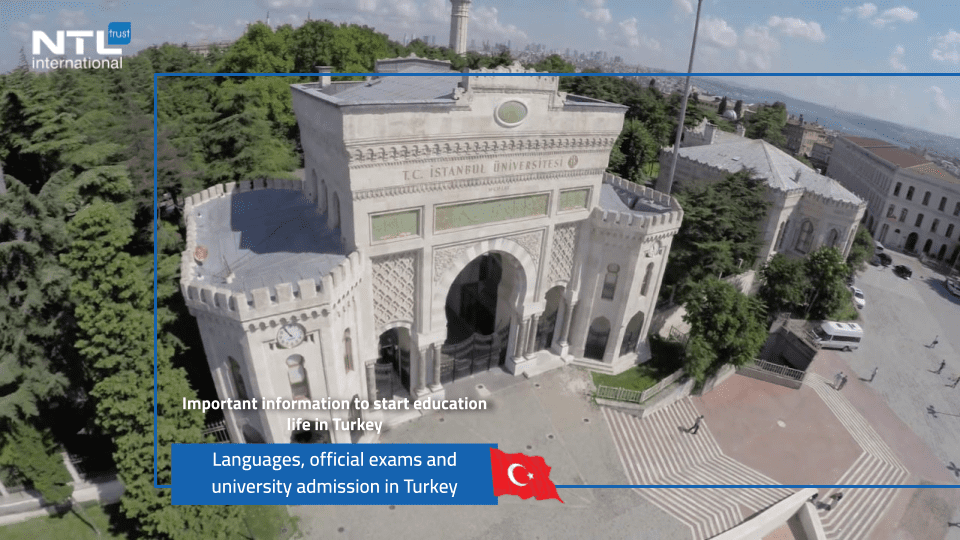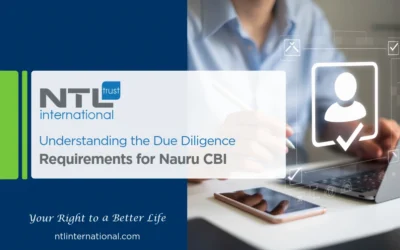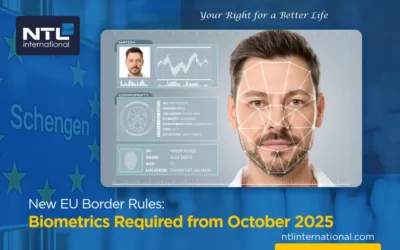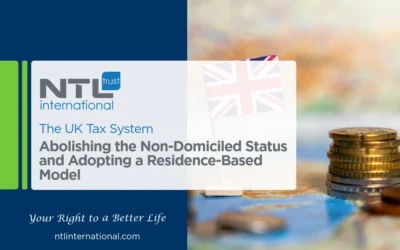
It is said: “The Turkish language does not accept competition in its country.” Therefore, anyone who thinks about life, learning, and work in Türkiye must seriously consider affiliation with the Turkish language teaching institutes for foreigners, which vary in three sources: public universities institutes, private centers, and municipal centers, the differences between these sources are reflected in the curriculum and method of language teaching and whether it focuses on teaching the daily life language, or the academic language, and in the schedule of these courses Quarterly system as in universities or another system, as well as tuition fees for these courses, and the privileges like an accredited certificate at most Turkish universities.
Among the most famous language institutes in universities are: Tomer Center at Ankara University, and the Language Center at Istanbul University, in addition to the private institutions in almost all Turkish cities. The municipality in Istanbul has established many centers and institutes that teach Turkish language, “ISMEK”, the name is an abbreviation for “Courses for teaching crafts and arts by Istanbul Municipality” which is one of the famous centres spread throughout the city. They are completely free for Turks and foreigners, and it costs only the price of textbooks.
Pre-university education:
Free compulsory education begins in Türkiye at the age of five and continues until the twelfth grade. Students graduate from preparatory to primary and lower secondary, followed by high school. They are subjected, at the end of each stage, to a set of exams that qualify them to move to the next stage.
Turks and those who are residents in Türkiye, whether they are subject to temporary protection, holders of tourist residency cards, work residency or permanent residency, are entitled to register their children in Turkish schools, whether governmental or private.
Higher Education:
Higher education institutions in Türkiye include universities, colleges, institutes, higher education institutes, music institutes, vocational institutes of higher education and applied research centres. Thanks to the rise in the number of universities from all 76 old universities to 207 universities, all Turkish cities include universities, institutes and colleges. These universities vary between public and private.
While enrollment rates for private universities generally increase, public universities remain much more popular in the seven regions of the country. This is due to the high costs of joining a private university, even if in varying proportions between universities and different majors.
While enrollment rates for private universities generally increase, public universities remain much more popular in the seven regions of the country. This is due to the high costs of joining a private university, even if in varying proportions between universities and different majors.
Turkish students and foreigners alike who wish to enrol in Turkish universities can apply directly to universities and foreign students must have completed their secondary education in a high school where education is equivalent to teaching Turkish schools; here they need to confirm this from the Turkish embassy in their country and apply To obtain a student visa.
Turkish and non-Turkish students must pass one of two exams for university admission:
First: The International Student Entrance Examination (YÖS), which is a local test for Turkish universities only and is not universally recognized as “TOEFL”, “IELTS” tests, and largely depends on the student’s intellectual level and his method of solving mathematical problems, and it consists of two parts; Basic learning “and” Turkish Language Proficiency Test “to see Turkish language level.
The second: A test called SAT, which is an international acceptance test for universities and affiliated with an American non-profit organization called “College Board,” a test that helps students enter distinguished Turkish universities or complete studies at Turkish universities. The purpose of this test is to determine the student’s ability to apply the information that he has in solving the problems presented to him in this test.
SAT relies on passing tests in reading, writing, and mathematics in the English language, most of which is information that a student has acquired in middle and high school.
Digital twin in Grenada Redefines Climate Readiness and Smart Development
The Digital Twin in Grenada is transforming climate resilience and smart planning. Initiated with the World Bank and Fugro, this advanced 3D model supports disaster preparedness, coastal protection, and sustainable development, making Grenada a leader in Caribbean innovation and environmental sustainability.
Understanding the Nauru CBI Due Diligence Requirements for Secure Second Citizenship
Why Nauru CBI Due Diligence Matters Every reputable Citizenship by Investment (CBI) program depends on a rigorous due diligence process to safeguard its credibility. In the Republic of Nauru, the Nauru CBI due diligence framework forms the backbone of the Climate...
New EU Biometric Border Rules: Fingerprints and Photos Required from October 2025
EU Biometric Border Rules 2025: The EU will introduce the Entry/Exit System in October 2025, requiring fingerprints and photos from non-EU travelers to enhance border security.
The UK Tax System: Abolishing the Non-Domiciled Status and Adopting a Residence-Based Model
The UK tax system will abolish non-dom status from April 2025 and shift to a residence-based model. Learn about exemptions, key deadlines, and planning solutions.
How to Open an Offshore Company in Nauru – Legally and Securely
A complete guide to forming an offshore company in Nauru. Explore the legal framework, taxation rules, setup process, and practical tips for compliance.





